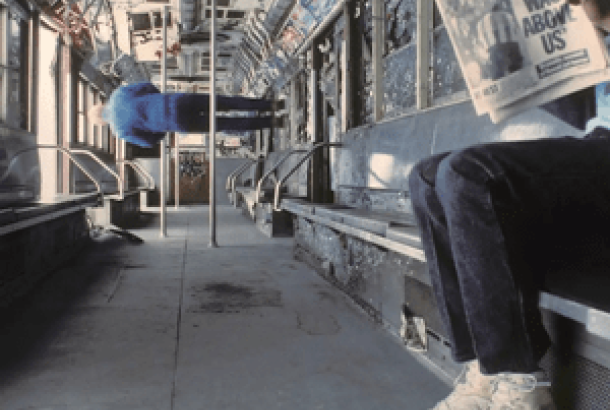Fabric: An Obituary
By Oscar Talbot
One of London’s cultural highlights has been forced into closure. Fabric, often voted best club in the world, had its licence revoked on the 6th of September. In a toxic combination of a failing war on drugs, a cash-strapped council, and a police force at odds with the community it claims to serve, the club was the latest victim of an unjust cultural war that shows a callous disregard for younger generations.
The official reason for Fabric’s closure was the tragic deaths of two 18-year-olds between June and August 2016. Much of the media coverage has ignored the fact that the way the club operated was clearly fatally flawed. It should be taken for granted that clubbing should always be safe, and should never result in death.
However, there is more to the story than harm reduction. In a statement the Metropolitan Police said that there were “concerns about the safety of those attending due to the supply of class A drugs and the recent deaths of two young men.” Ostensibly this is the work of a force worried about the safety of young clubbers. The most important question, then, is “was shutting Fabric the most effective way of reducing the drug problem?”
Closing Fabric will not stop anyone from doing drugs. Whichever side you fall on the drug debate this must be clear. The “drug problem” is surely not the consumption of drugs itself, but the harm created to the user and those around them. At best, people will take drugs at another club, but at worst, drug use will be taken outside of licensed premises, with people taking dangerous drugs in an uncontrolled environment without trained staff to care for them.
Around 29 pubs close every week, yet levels of dangerous drinking have remained static while numbers of those dying from alcohol related deaths show a steady increase. As in all prohibition wars, closing safe spaces for consumption doesn’t eradicate a problem: it merely makes it more dangerous.
Fabric’s closure shouldn’t be simplified as the war between local authorities and some party-hard pillheads however. Fabric was a fun place; it was also a cultural icon. In the report used by Islington council they omitted that an undercover police officer had described Fabric as having a generally “friendly and non-threatening” atmosphere that was fun and diverse.
Clubbers from around the world went there to hear great music, and their compilation tapes were curated by the likes of John Peel, Rob da Bank, and Four Tet. Cultural venues cannot be replaced easily. London Mayor Sadiq Khan has urged Islington council to rethink their decision, stating “in the past eight years London has lost 50 per cent of its nightclubs and 40 per cent of its live music venues.” Khan was no doubt furious that within months of his flagship 24-hour tube being launched many people’s best reason for using it is being taken away.
But why would Islington council battle against a new a popular mayor? While places like Fabric produce lots of money through taxes and the secondary economy around them, this money goes to government rather than the council, while the costs for security, policing, and emergency infrastructure are borne predominately by the local authority.
Islington council has lost half of its funding since 2010, while the police face losing around 40 per cent of staff. Meanwhile, if Fabric were to go the way of the Haçienda—redeveloped as luxury apartments—then Islington council could stand to make serious money. A newly-built apartment block in Islington has a one bedroom flat listed at £715,000.
Sadly there is evidence, as reported by The Independent, that the deaths were not the real reason for the club’s closure. Documents released show that Islington council cherry-picked a report by undercover police officers in a long running bid to shut the club down, the not-so-hilariously-named Operation Lenor. Fabric had very recently been commended as a club with an excellent safety record by Islington council, and was offering training to other clubs.
Fabric often had on-site medics and stringent searches, yet those records are now being cited as evidence of a drug problem. Islington is engaging in a Kafka-esque trail that is nothing to do with harm reduction. Meanwhile luxury hotel The Dorchester, with rooms starting at £500 a night, has had three separate drug-related deaths in the same period of time as Fabric.
So what could Islington council have done instead? It is unrealistic to imagine that Islington council could single-handedly ignore the everyday ‘war on drugs’ message, but there are many other solutions that could have been deployed. On-site pill testing and promotional material could undoubtedly be used to prevent harm, and would save lives.
Clubs could have their license revoked for “encouraging drug use” merely for having a chill out space and attendants, and having pill testing would certainly be seen as abetting. Meanwhile in the Netherlands, where drug testing is commonplace deaths have been avoided, while the same dangerous pills have killed people in the UK.
The fact is that every death that happens while these facilities are needlessly unavailable is to a greater or lesser extent the fault of the government and the council. If they refuse to accept a scientific approach to drug policy then things will be unable to improve. Clubs that people love will shut down, and music and culture will be stunted. If it can happen to Fabric, it can happen to any club you know and love.







